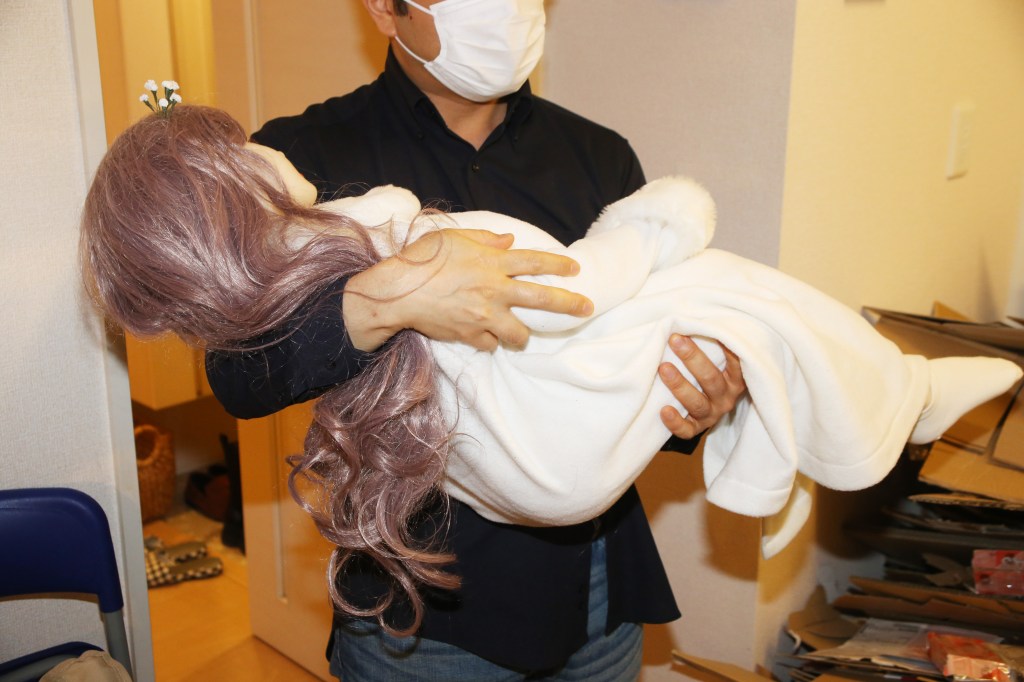MEDELLÍN, Colombia — Panama’s Attorney General has resigned amid a scandal over child abuse inside state-supervised orphanages across the country. Eduardo Ulloa leaves behind a judicial system he claims is “incapable of solving critical situations such as the wellbeing of the [country’s] children.”
His resignation comes following protests over the findings of a report that exposed concrete evidence of sustained sexual, physical, and psychological abuse of vulnerable minors, who enter children’s homes because they’ve been orphaned, because their parents suffer from addictions, or because they have been abused or abandoned.
Videos by VICE
Most of the 14 children’s homes congresswomen, social workers, psychologists, and lawyers investigated last year are operating without permission, the report revealed, and 90 percent of them do not employ staff trained to work with minors. The majority of the orphanages investigators visited were administered by NGOs, foundations, or religious organizations.
“It’s dismal that in the middle of a crisis like the one we’re living through … a public servant leaves office without giving the citizens a proper explanation,” Congresswoman Walkiria Chandler D’Orcy, who presented the report on behalf of the Panamanian Commission for Women, Children, Youth, and Family to the country’s National Assembly, told VICE World News.
Panama’s National Secretary of Youth, Adolescence, and Family (SENNIAF) – which supervises the country’s orphanages – was aware that abuses were taking place but did nothing to combat them, making the institution complicit in the crimes, according to Chandler D’Orcy.
“What impacted us the most … was the abuse of disabled children,” she said to the National Assembly. There are approximately 108 disabled children in orphanages across Panama, according to the SENNIAF. Children from Indigenous, Afro-Panamanian, or migrant backgrounds are more vulnerable to abuse at the hands of their caregivers, she added.
The majority of the 942 minors in Panama’s orphanages are between five and 17 years old and spend an average of four and a half years living there. But 14.4 percent do not have access to the country’s education system.
Chandler D’Orcy described living standards in the orphanages as “miserable,” likening them to “medieval torture conditions.” Of all the homes the team visited, only one provided dignified living conditions, she said.
“Children were being left completely unattended,” said Chandler D’Orcy, and that some were left in their dirty diapers all day or not given basic meals such as breakfast.
“These spaces, orphanages, nursing homes, prisons … they’re spaces of oblivion,” Alonso Ramos, a sociologist and university teacher who was also involved in the investigation told VICE World News.
In one particular case, the SENNIAF sent disabled children to a center for adults recovering from substance abuse, he recalled. The two groups were then left to mix, which is when sexual abuse occurred.
In Panama, cases of sex abuse, mistreatment, abandonment, or family negligence against children and teenagers more than doubled from 2014 to 2018, according to UNICEF. When it comes to sexual violence, the number of victims of this underreported crime – 91 percent of whom are girls or teenagers – rose by 68 percent from 2017 to 2018. Recently, rates have also increased as a result of the coronavirus pandemic.
Panama’s flawed institutions are at the root of the crisis, said Ramos. The problem “traces back through previous [government] administrations,” he said. “It’s because of the Panamanian state’s failed model of social management,” which revolves around outsourcing to third parties. Ramos said he has been threatened for speaking out against what he claims is a lazy government approach to children’s wellbeing.
In a recent statement, Panama’s Ministry of Social Development (MIDES) recognized that the country has a “historic social debt” when it comes to children’s human rights, confirming that eight orphanages have been closed as a result of the investigation. Panamanian President Laurentino Cortizo has ordered a bill to be drafted increasing the severity of sentences for child sex abusers. He also called for an audit of state funds allocated to children’s homes.
Meanwhile, children and teenagers remain in the very orphanages where they are being abused, despite the scandal.
“I want those kids out,” Chandler D’Orcy said. “Their childhood was stolen from them.”






